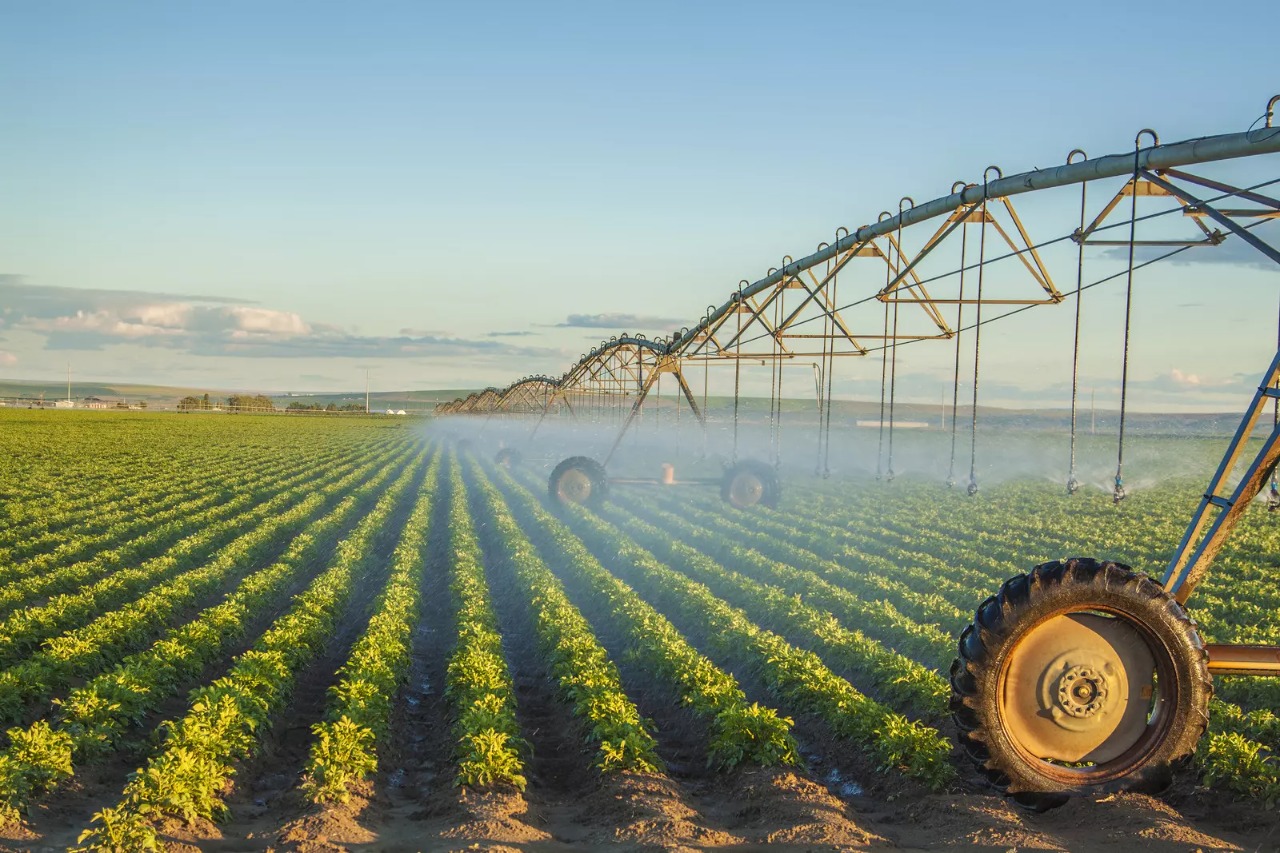At the Davos 2023 conference hosted by the World Economic Forum, speakers emphasized the need to invest in smallholder farmers, regenerative agriculture, and data technology. The conference brought together academics, governments, businesses, non-profit organizations, artists, advocacy groups, and other stakeholders to discuss topical issues, with discussions on food security and food systems on the menu.

Tania Strauss, director of the World Economic Forum’s Food Systems Initiative, said:
Alvaro Lario, President of the United Nations International Fund for Agricultural Development (IFAD), shared Strauss’ concerns and emphasized the importance of supporting rural agriculture. “Only long-term investments in the rural economy can provide lasting solutions to hunger, malnutrition, and poverty,” Lario said in a statement ahead of the conference. “This will enable small farmers to increase local production, better adapt to climate change, build shorter local food chains, establish and sustain local markets and business opportunities, and encourage small rural businesses. can be established.”
Speakers also called for urgent investment in local food systems. According to IFAD, a small farmer feeds two of her three people on the planet, but is bearing the brunt of the climate crisis and lacks financial support. Even taking into account rising inflation, local and regional conflicts, and extreme weather, the world’s majority farmer produces 30% of his food on just 11% of his total agricultural land. they are reporting.
IFAD Goodwill Ambassador Idris Elba also warned against investing in rural areas.
The speaker also promoted regenerative farming practices as another of his means of enhancing global food security. Transitioning from conventional agriculture is an important part of the debate on how to achieve future food security. In line with the Global Biodiversity Framework, Unilever’s Director of Food Sustainability Dorothy Shaver and One Planet Business Director Stefania Avanzini is calling for agricultural subsidies to be transformed into regenerative farming methods.
“Properly implemented regenerative agriculture protects and enhances biodiversity on and around farms, improves or maintains soil carbon and water retention, and improves plant and natural We can improve resilience. “Governments can support the transition to regenerative agriculture by reforming harmful agricultural subsidies and creating opportunities for equitable, nature-friendly and net-zero economies.” “
To support both smallholder farmers and the transition to regenerative agriculture, researchers are driving the integration of food and data systems. Agritech researchers at the World Economic Forum call for greater attention to cleaner, streamlined data collection to support farmers as climate volatility and market volatility continue to materialize shortly. increase.
Accenture Chairman and CEO Julie Sweet point out the benefits of streamlining data in different cultural and climatic settings:
“I often wonder why we need really clean data, using the rudimentary models of the time, connected to external data, for specific use cases, many of which are digital manufacturing, agriculture, an industrial use case. Everyone remembers we need to get the data together right.”
The World Economic Forum finds three key solutions to the world’s food insecurity.
Fiscal investment in regenerative agriculture, strong policies to foster market growth and national leadership in food system transformation. “We must work together on complex, holistic solutions such as climate change and food security,” he says.


